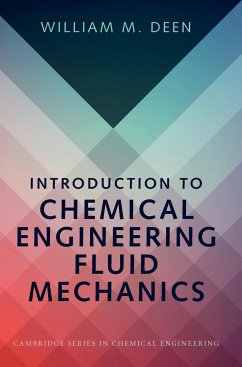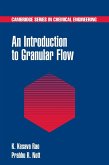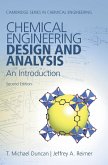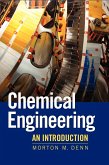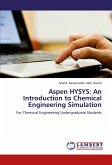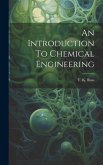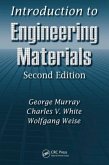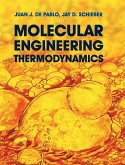Designed for introductory undergraduate courses in fluid mechanics for chemical engineers, this stand-alone textbook illustrates the fundamental concepts and analytical strategies in a rigorous and systematic, yet mathematically accessible manner. Using both traditional and novel applications, it examines key topics such as viscous stresses, surface tension, and the microscopic analysis of incompressible flows which enables students to understand what is important physically in a novel situation and how to use such insights in modeling. The many modern worked examples and end-of-chapter problems provide calculation practice, build confidence in analyzing physical systems and help develop engineering judgment. The book also features a self-contained summary of the mathematics needed to understand vectors and tensors, and explains solution methods for partial differential equations. Including a full solutions manual for instructors available at www.cambridge.org/deen, this balanced textbook is the ideal resource for a one-semester course.
Hinweis: Dieser Artikel kann nur an eine deutsche Lieferadresse ausgeliefert werden.
Hinweis: Dieser Artikel kann nur an eine deutsche Lieferadresse ausgeliefert werden.

